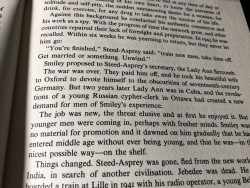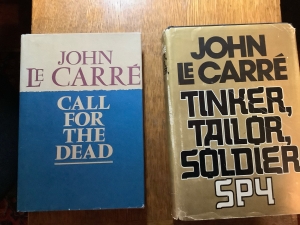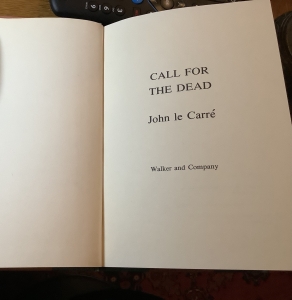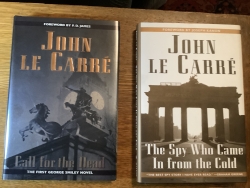“Bring that Beat Back: How Sampling Built Hip-Hop”—Making the Best Books of 2020 Lists
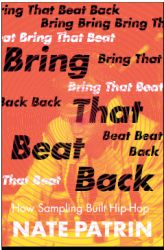 Delighted to see that my author client Nate Patrin‘s hip-hop book Bring that Beat Back: How Sampling Built Hip-Hop (University of Minnesota Press, May 2020; Tantor Media audio book coming in 2021) has been named in several Best Books of 2020 roundups. These are:
Delighted to see that my author client Nate Patrin‘s hip-hop book Bring that Beat Back: How Sampling Built Hip-Hop (University of Minnesota Press, May 2020; Tantor Media audio book coming in 2021) has been named in several Best Books of 2020 roundups. These are:
1) One of Rolling Stone‘s Best Music Books of 2020: “Curious about the genesis of all of the earworm hooks you hear across every subgenre of hip-hop? Nate Patrin has the goods. Cleverly organized around four pioneering figures in the world of sampling — Grandmaster Flash, Prince Paul, Dr. Dre, and Madlib — this musicological study is never dry, always enthusiastic and appreciative, and groundbreaking in its analysis of the art of sampling as just that: art. Featuring plenty of entertaining cultural history, this is a significant contribution to hip-hop studies.”
2) In the UK, in NME (New Music Express): “Sampling is an enormous force in music – and the genre of hip-hop pioneered it. Digging deep into the record crates of early DJs and focusing on Kool Herc, Grandmaster Flash, Prince Paul, Dr Dre and Madlib in forensic depth, Nate Patrin delves into its pick’n’mix artistry, and also contextualises the spiralling popularity of sampling against a rush of nostalgia in the later 20th century, which arguably continues to influence the greats today.”
3) On the blog of music retailer Rough Trade: “A deeply informed, eminently readable account of a facet of pop music as complex as it is commonly underestimated.”
4) The book is longlisted for the Minnesota Book Award, named by the St. Paul Public Library.
5) One of Kirkus Reviews’ Best Music Books of the Year: “No one wants a dry hip-hop book, and Patrin’s work is thoroughly engaging from first needle drop to last.”
6) And here’s a podcast with Nate on Maximum Fun with music host Oliver Wang.
Since May, the book has also been covered in Arts Fuse, Scratched Vinyl, Reverb, We Are the Mutants, and numerous other outlets.

